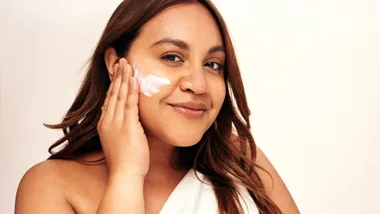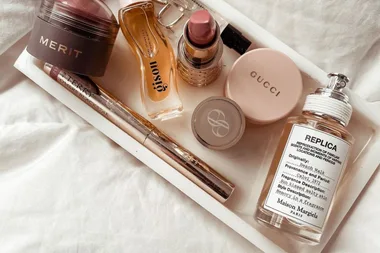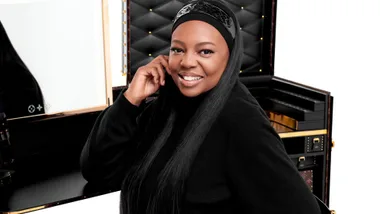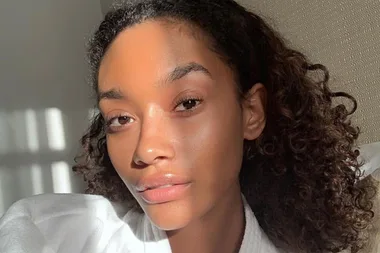Since Korean skincare introduced double cleansing to the rest of the world, many of us have embraced the technique on our quest for clear, glowing skin.
The practise typically involves pre-cleansing with an oil cleanser or balm to remove surface debris, followed by a deeper cleanse, usually catering to the specific skin type and it’s needs. Some practice this morning and night, while others stick to evening only.
But is there such a thing as over-cleansing?
Some celebrities, including Salma Hayek, Kirsten Dunst and Kristen Bell, prefer not to cleanse in the morning and have radiant complexions as a result.
Bell told InStyle, “I have sensitive skin and dry skin, so all the oils that come at night I need to save.” Instead of cleansing, she prefers to simply use water and a hot cloth most mornings.
But like all things skincare, what’s right usually depends on the individual, their skin type and lifestyle factors.
Double cleansing is typically suited to oilier complexions, but as we hit winter hard, dryness becomes more prevalent for many of us. So… is it possible to be over-doing it?
Signs you’re over-cleansing
“If your face feels tight or you see signs of redness and irritation after cleansing, you might be using a cleanser that is too harsh or you might be over cleansing,” Dr Dennis Gross tells Marie Claire.
It’s true that many of us feel the need to moisturise after cleansing, but if it’s too the point where your complexion feels uncomfortable until you do so, it’s a red flag.
Breakouts from excess oil production can also be a sign of over-cleansing, as “using soaps or cleansers that strip the moisture barrier can throw the skin off balance and remove the skin’s natural oils, causing it to produce even more,” explains Dr Gross.
How to rectify over-cleansed skin
Rather than ceasing your cleansing routine to see if it helps, Dr Gross recommends looking into the ingredients of your cleanser instead.
“Your skin type should influence the type of cleanser you use more than the amount of times you cleanse. The key is to keep things in balance.”
Dr Gross recommends sticking to twice-a-day cleansing (once in the morning and once at night), but to “upgrade your cleanser to one that is soap-free and eliminate physical scrubs from your skincare routine,” he says.
“If you have dry or sensitive skin, look for cleansers with hydrating and soothing ingredients like hyaluronic acid, sea grapes, kiwi and aloe,” recommends Dr Gross. “If you have oily skin, look for a cleanser with willow bark, farnesol and alpha and beta hydroxy acids.”
And for those with sensitive complexions, Dr Gross says to keep an eye on water temperature, too. “Don’t use water that is very hot or cold – lukewarm water is the ideal temperature to prevent irritation.”
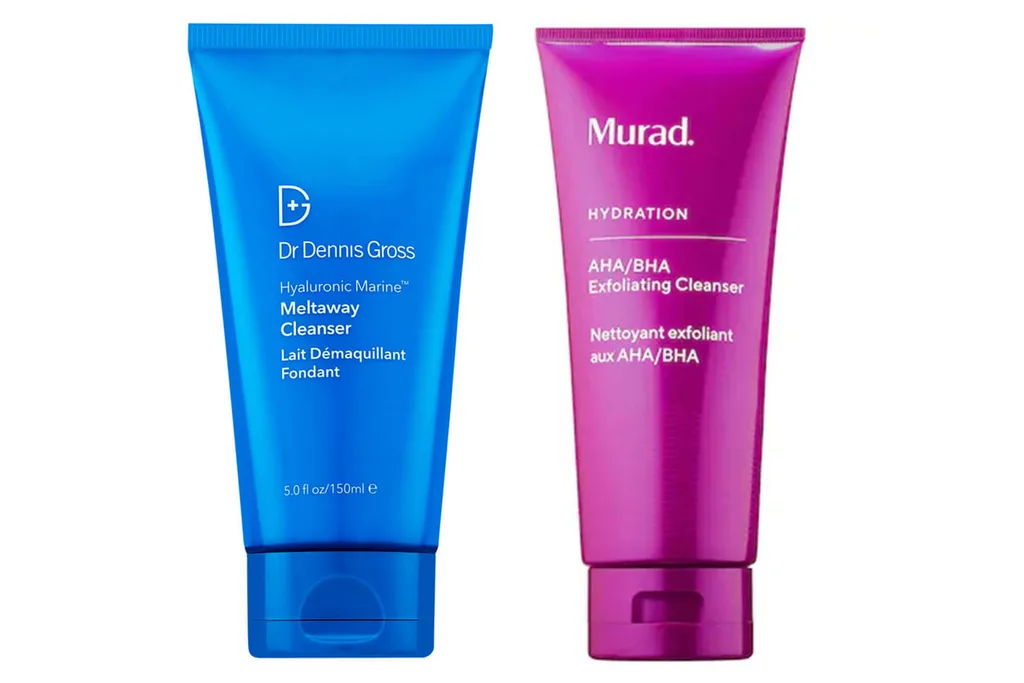
Dr. Dennis Gross Hyaluronic Marine Meltaway Cleanser, $48 at mecca.com.au
Murad AHA/BHA Exfoliating Cleanser, $62 at sephora.com.au
Do I still need to cleanse if I’m not wearing makeup?
With many of us continuing to work from home, or embracing a new no-makeup life, Dr Gross says this shouldn’t affect your cleansing routine.
“Even if you are not wearing makeup or SPF, you should still cleanse at least twice per day,” he says. “Cleansing helps remove pollution, dirt, debris and oil build up that can become trapped in pores.”
And if you’re wearing a mask due to COVID-19, Dr Gross suggests cleansing your face with lukewarm water after removing your mask, to help reduce irritation and congestion.
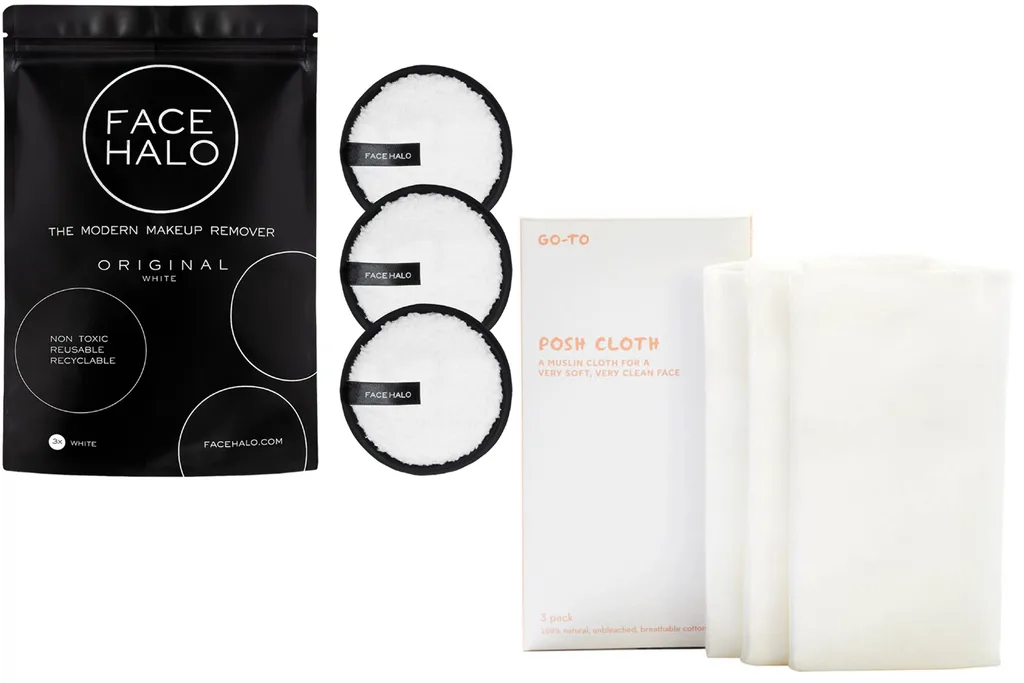
Face Halo Original, $30 at facehalo.com.au
Go-To Posh Cloth, $15 at mecca.com.au




